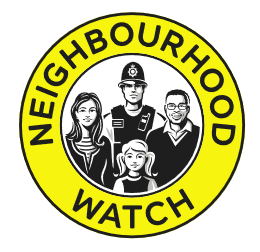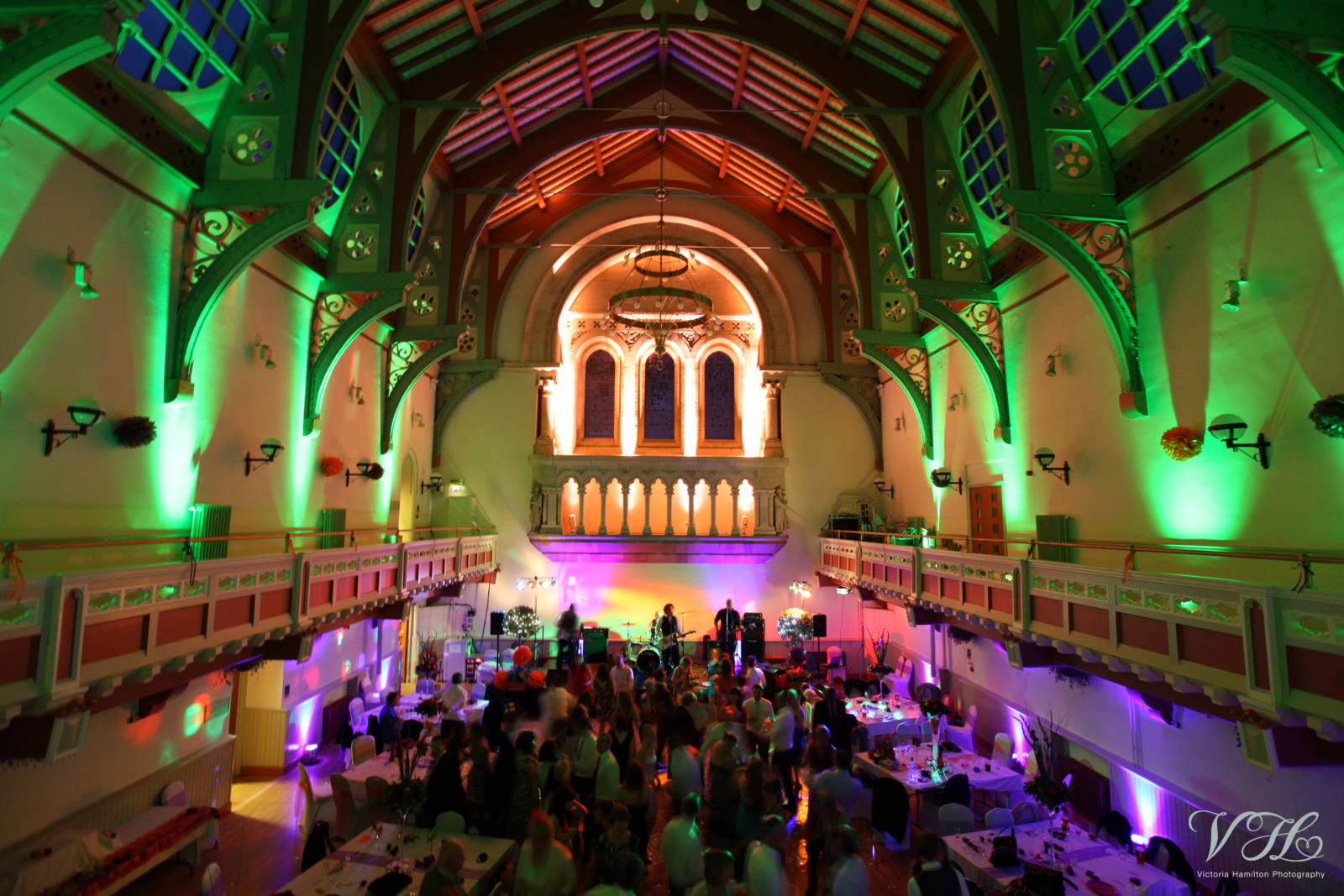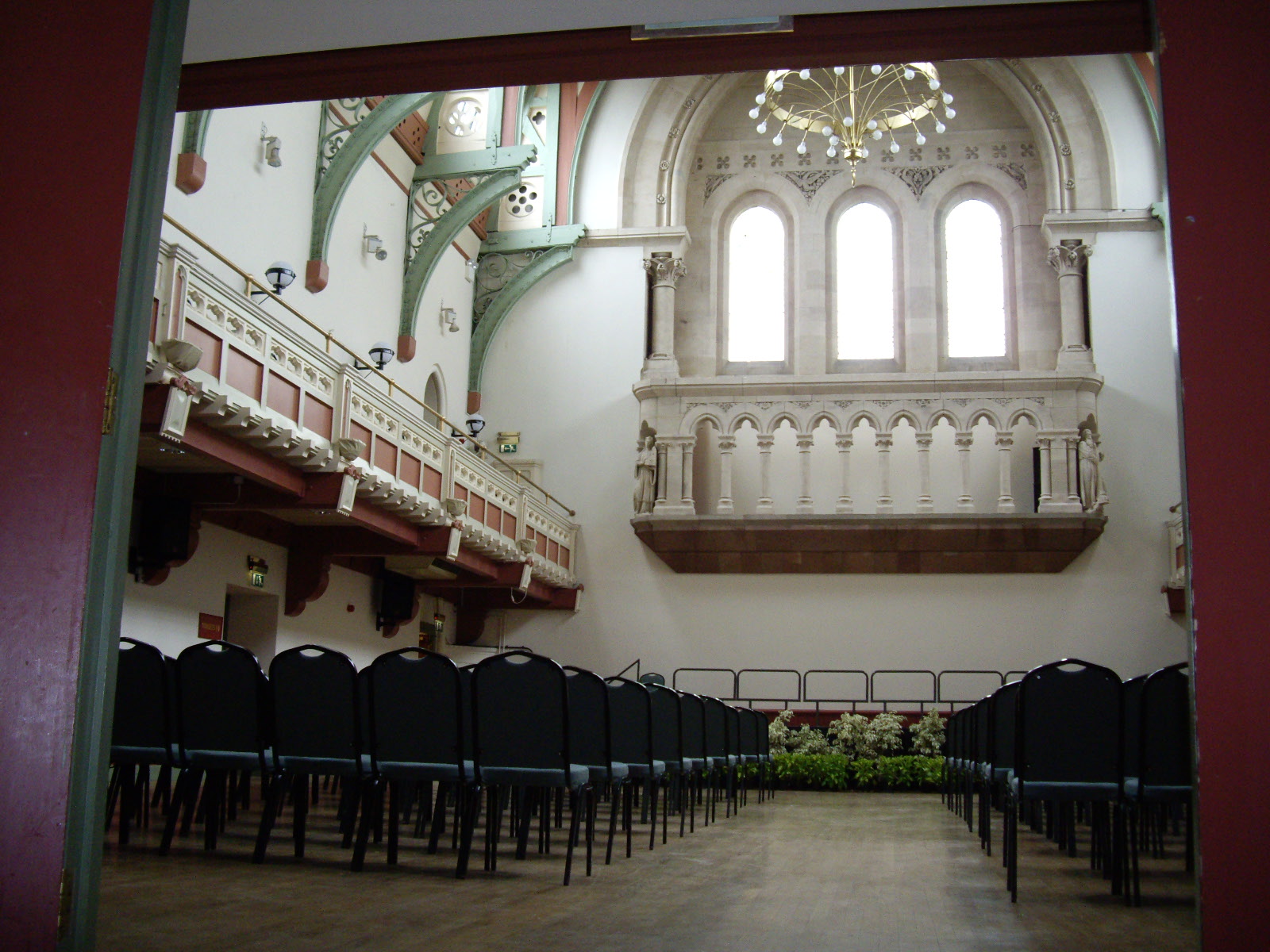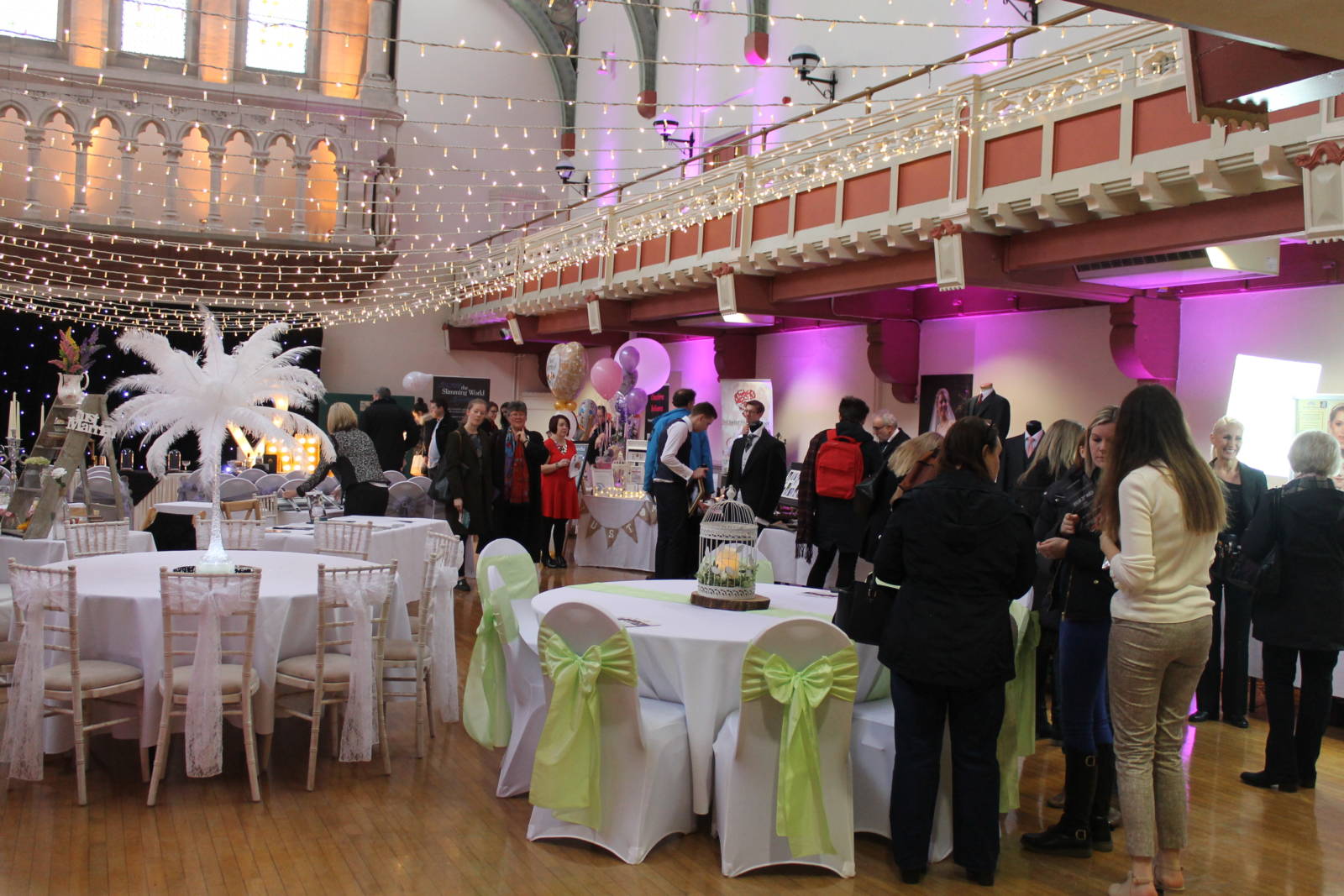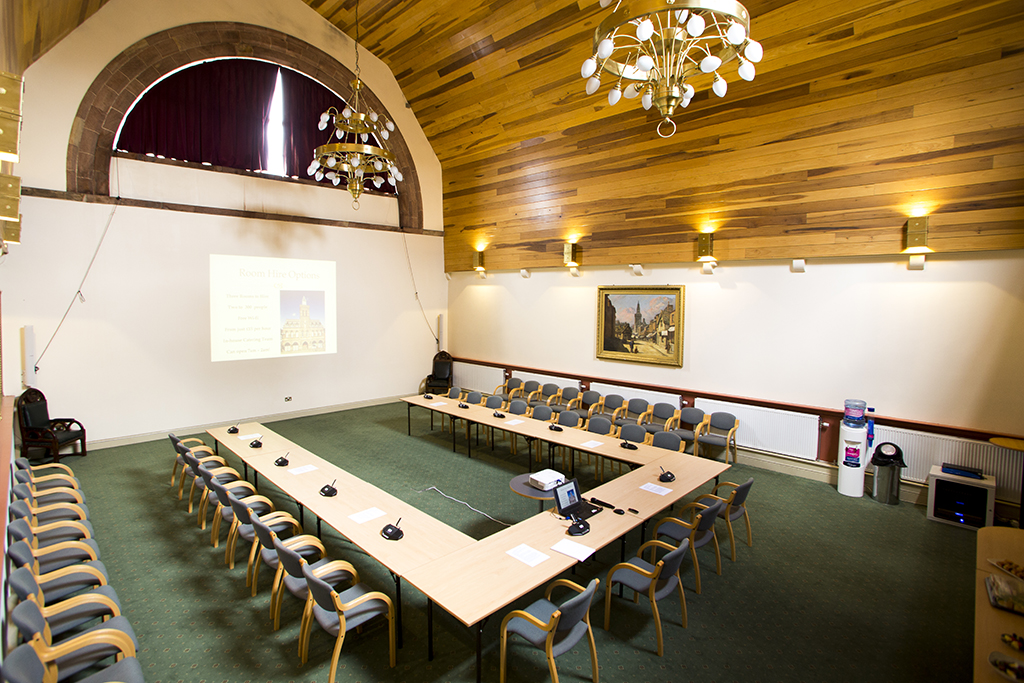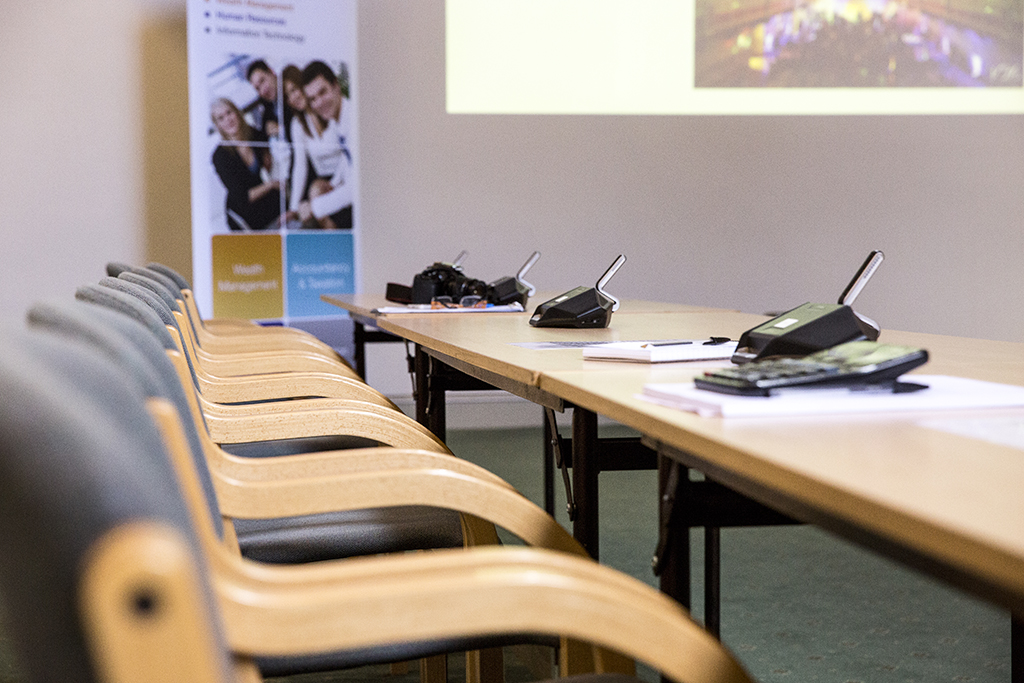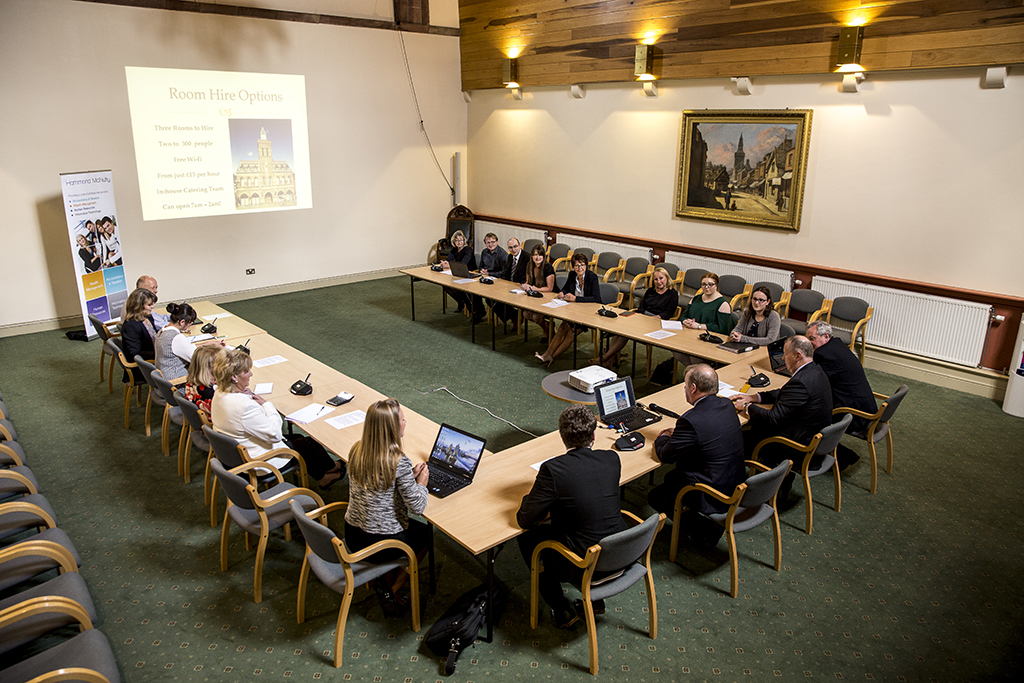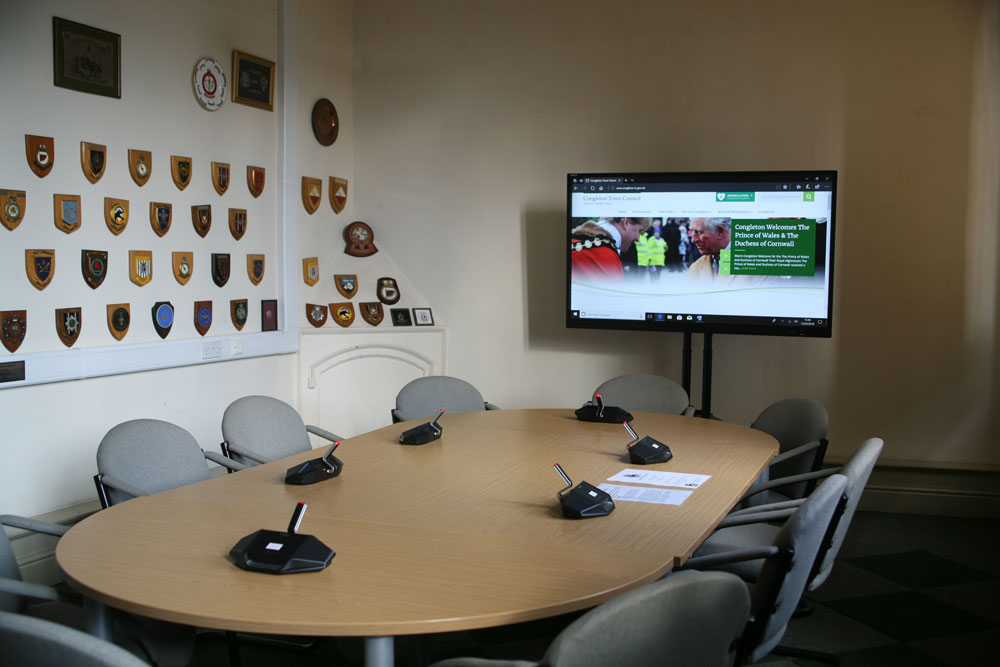Recognising what ASB is and what ASB isn’t can be difficult. What constitutes ASB is extremely subjective and whilst we have examples of behaviour, what you may consider to be antisocial behaviour another person may not. Neighbourhood Watch has created a guides to help you identify ASB. Antisocial behaviour is a range of behaviours that can cause nuisance and annoyance or harm and distress to a person in their home, neighbourhood or community. It is a wide range of unacceptable activities such as:
- Noise nuisance including loud music, banging, DIY at unsocial hours, loud parties and frequent visitors at unsocial hours
- Household disputes including shouting, swearing and fighting
- Harassment and intimidation including intimidation through threats or actual violence, abusive behaviour aimed at causing distress or fear to certain people, e.g. elderly or disabled people, and verbal abuse
- Environmental antisocial behaviour including dumping rubbish, animal nuisance, including dog fouling and dogs barking, vandalism, property damage and graffiti, antisocial drinking, driving in an inconsiderate or careless way, for example, drivers congregating in an area for racing/car cruising, and arson (secondary fires).
There is a fine line between antisocial behaviour and neighbour disputes which can often begin over relatively minor inconveniences, such as parking. However, if they persist, they can potentially become antisocial behaviour.
Antisocial behaviour is not parking (including badly parked vehicles), children playing, neighbours doing DIY (at reasonable times of the day), groups of young people in the street or in parks unless they are being rowdy, abusive, causing damage or committing other crimes, noise caused by everyday living, religious or cultural practice, one-off parties, or general living noise.

